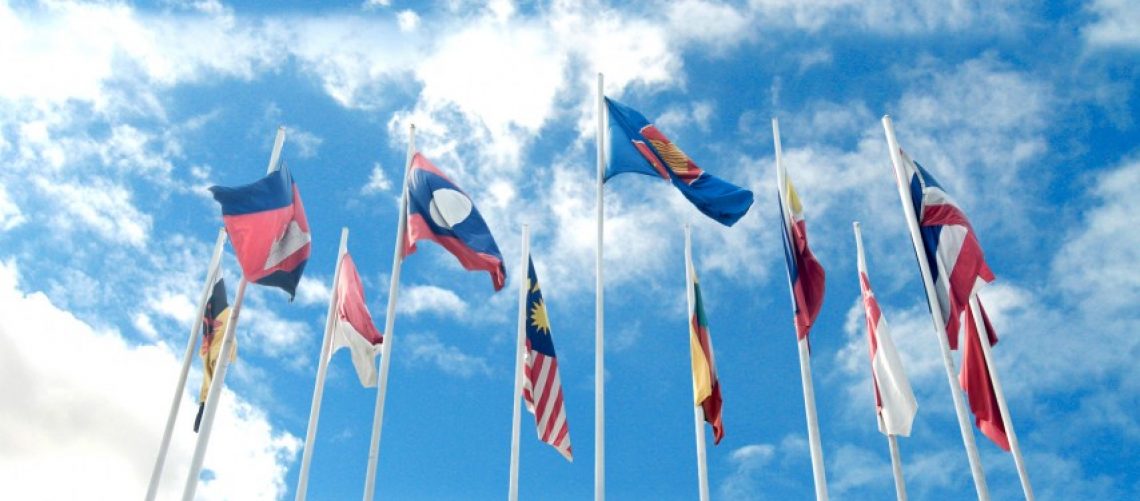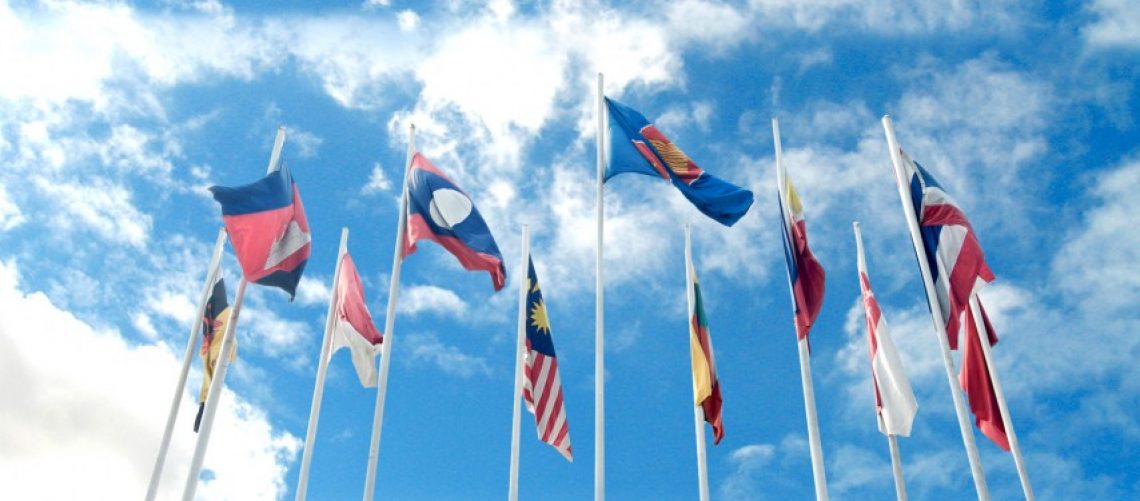1. The 25th ASEAN-Australia Forum was held in Manila on 6 November 2012, with participation by representatives from Australia, ASEAN Member States and the ASEAN Secretariat. 2. The Forum was co-chaired by Ms. Erlinda Basilio, Undersecretary of the Department of Foreign Affairs of the Philippines and Mr. Rod Smith, First Assistant Secretary of the Department of Foreign Affairs and Trade of Australia. 3. The participants reaffirmed the importance of the ASEAN-Australia Dialogue Partnership, established in 1974, and noted the invaluable contributions of Australia to the establishment of an ASEAN Community by 2015. ASEAN welcomed Australia’s deepening engagement with Asia, as enunciated in the Australia in the Asian Century White Paper announced by Prime Minister Julia Gillard on 28 October 2012. ASEAN welcomed Australia’s announcement of the appointment of a resident Ambassador to ASEAN in Jakarta. 4. The participants reviewed the progress made in the various sectors of cooperation, welcomed the outcomes of the ASEAN-Australia Post Ministerial Conference held in Phnom Penh in July 2012, and discussed ways to move the partnership forward as both sides prepare for the 40thanniversary of the ASEAN-Australia Dialogue Partnership in 2014. 5. The participants reaffirmed commitment to the Joint Declaration on ASEAN-Australia Comprehensive Partnership signed by the Foreign Ministers in Manila in August 2007 and its implementing Plan of Action covering the period 2008 – 2013. To enhance the ASEAN-Australia Dialogue Partnership, they agreed to craft a strategic and forward-looking Plan of Action for 2014 to 2018. 6. The participants pledged to strengthen cooperation in areas such as: combating of transnational crimes, including terrorism and trafficking in persons; promotion of human rights; maritime cooperation; environment, climate change and biodiversity; and food and energy security. They also emphasized the importance of pursuing regional integration and addressing both traditional and non-traditional security concerns through ASEAN-centric for a such as the East Asia Summit (EAS),ASEAN Regional Forum (ARF), ASEAN Defense Ministers’ Meeting Plus (ADMM+). They welcomed the Philippines’ hosting of the Expanded ASEAN Maritime Forum (EAMF) and thanked Australia for its initiative on drug-resistant malaria, which is expected to be among the key topics for discussion in the East Asia Summit in Phnom Penh in November 2012. 7. The participants appreciated the ongoing progress in the implementation of the ASEAN-Australia-New Zealand Free Trade Agreement (AANZFTA), noting that total ASEAN-Australia two-way trade amounted to approximately USD88billionin 2011. They also looked forward to the launching of negotiations for the Regional Comprehensive Economic Partnership (RCEP), which would take place at the sidelines of the upcoming EAS. It is envisioned to build on existing free trade areas to create a comprehensive, mutually beneficial and inclusive regional economic framework.Participants acknowledged Australia’s support for the Master Plan on ASEAN Connectivity (MPAC) and highlighted opportunities for further collaboration. In this context, participants reaffirmed the importance of physical, institutional and people-to-people connectivity, including public-private partnerships and other opportunities for private-sector engagement to support ASEAN community building and integration. 8. The participants expressed appreciation for Australia’s contributions in narrowing development gaps, alleviating poverty and promoting sustainable development in the region, including through the ASEAN-Australia Development Cooperation Program Phase II (AADCP-II). They highlighted the importance of regional efforts on disaster management through continued support for the implementation of the ASEAN Agreement on Disaster Management and Emergency Relief (AADMER), the ASEAN Coordinating Centre for Humanitarian Assistance (AHA Centre) and the Indonesia-Australia EAS initiative endorsed by leaders in November 2011. They agreed to strengthen collaboration in these areas and discussed possible furthercollaboration in sub-regional growth areas including the Mekong Delta and the Brunei-Indonesia-Malaysia-Philippines East ASEAN Growth Area (BIMP-EAGA). 9. The participants recognized the value of increased people-to-people exchanges and enhance collaboration on education through scholarship programs, student and teacher exchanges, and partnership arrangements among educational institutions. They also welcomed Australia’s intention to expand its work and holiday programs with countries in Asia. 10. The participants agreed that the 26th ASEAN-Australia Forum would be held in Australia in late-2013 or early-2014. Share This On Share on facebook Share on twitter Share on linkedin Share on whatsapp Share on google Other Articles Co-Chairs’ Summary of the 34th ASEAN-Australia Forum Joint Statement on Strengthening Resilience to Disasters for the Global Platform for Disaster Risk Reduction 2022 Joint Media Statement of the ASEAN Economic Ministers’ Special Meeting 2022 Joint Statement 8th ASEAN-China Health Ministers Meeting Joint Statement of the 1st ASEAN – Republic








